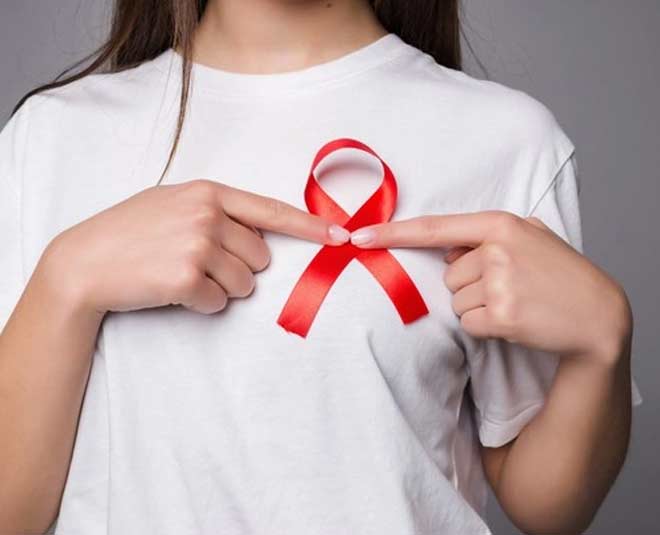
Breast cancer is cancer that forms in the cells of the breasts. It can occur in both men and women, but it's far more common in women
Risk factors
Here are the factors shared by Dr Swetha M P, Consultant Obstetrician & Gynaecologist, Motherhood Hospitals, HRBR, Bangalore that are associated with an increased risk of breast cancer include:
1.Increasing age- Your risk of breast cancer increases as you age.
2.A personal history of breast conditions- If you've had a breast biopsy that found lobular carcinoma in situ (LCIS) or atypical hyperplasia of the breast, you have an increased risk of breast cancer.

3.A personal history of breast cancer - If you've had breast cancer in one breast, you have an increased risk of developing cancer in the other breast.
4.A family history of breast cancer- If your mother, sister or daughter was diagnosed with breast cancer, particularly at a young age, your risk of breast cancer is increased.
5.Inherited genes that increase cancer risk- Certain gene mutations that increase the risk of breast cancer BRCA1 and BRCA2.
6. Radiation exposure- If you received radiation treatments to your chest as a child or young adult, your risk of breast cancer is increased.
7.Obesity- Being obese increases your risk of breast cancer.

8.Beginning your period at a younger age- Beginning your period before age 12 increases your risk of breast cancer.
9.Beginning menopause at an older age- If you began menopause at an older age, you're more likely to develop breast cancer.
10.Having your first child at an older age- Women who give birth to their first child after age 30 may have an increased risk of breast cancer.
11.Having never been pregnant- Women who have never been pregnant have a greater risk of breast cancer than do women who have had one or more pregnancies.
12.Postmenopausal hormone therapy

Breast cancer risk reduction for women with an average risk-
Estrogen-blocking medications, such as selective estrogen receptor modulators and aromatase inhibitors, reduce the risk of breast cancer in women with a high risk of the disease.
Don't Miss:Winter Season: Expert Suggests Nutritional Tips For Women
Women with a very high risk of breast cancer may choose to have their healthy breasts surgically removed (prophylactic mastectomy).
Don't Miss:How To Minimise The Negative Effects Of Wearing High Heels
Dr Swetha says, “If you find a lump or other change in your breast — even if a recent mammogram was normal — make an appointment with your doctor for prompt evaluation.”
For more such stories, stay tuned to HerZindagi!
Also watch this video
Herzindagi video
Our aim is to provide accurate, safe and expert verified information through our articles and social media handles. The remedies, advice and tips mentioned here are for general information only. Please consult your expert before trying any kind of health, beauty, life hacks or astrology related tips. For any feedback or complaint, contact us at [email protected].